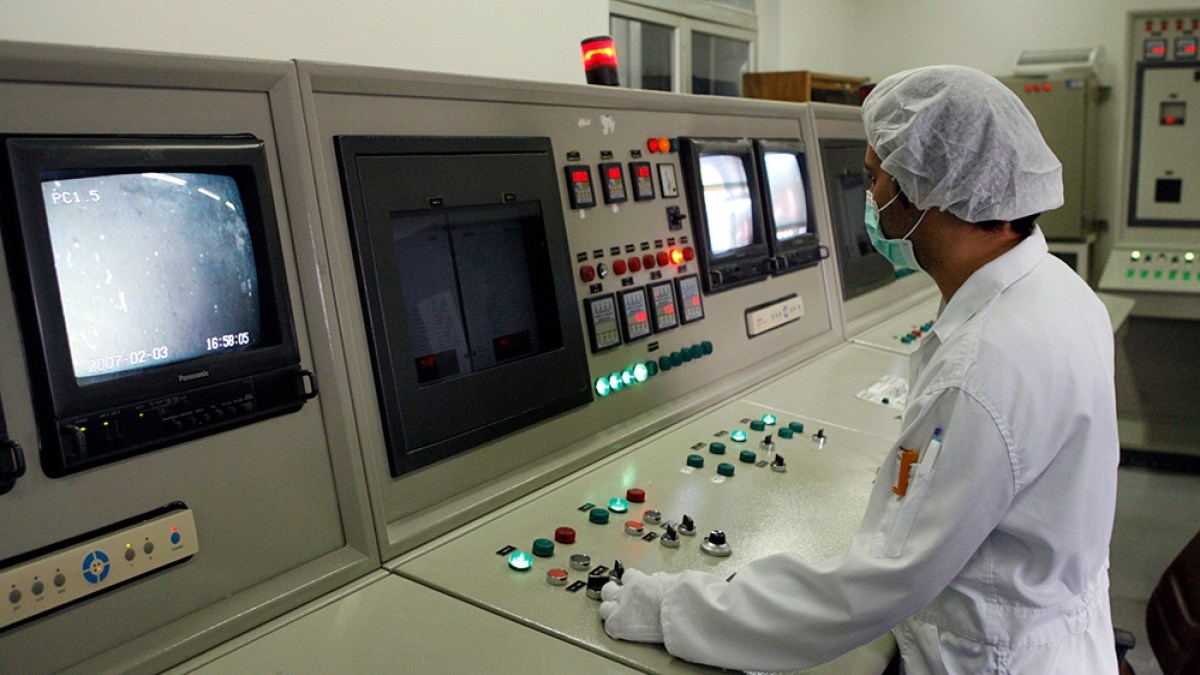In a series of escalating events, both Israel and Iran have threatened retaliation against each other following a miscalculation by Israeli forces that led to the deaths of several senior Iranian commanders in Syria. The incident has raised tensions between the two countries and sparked concerns about potential nuclear weapons involvement.
According to reports, Israeli officials did not see their attack on a high-level Iranian target as a provocation and failed to give the United States a heads-up beforehand. In response, Iran launched over 300 drones and missiles at Israel in retaliation.
The events have led to increased tensions between the two countries, with both sides threatening further action. Iran has warned that if Israel attacks its nuclear facilities, Tehran will respond in kind and may pursue a nuclear weapon.
Iran's Islamic Revolutionary Guard Corps (IRGC) has identified and gathered all necessary information about Israel's nuclear targets. The commander of the IRGC division tasked with protecting Iranian nuclear facilities has threatened to attack Israel's sites if provoked.
The United States announced a fresh set of sanctions on Iran targeting the production of unarmed aerial vehicles in response to these developments. The U.S., along with other major powers, has long expressed concerns about Iran's nuclear program and its potential military applications.
Israel, for its part, has maintained that it will defend itself against any threats. The country has previously carried out attacks on Iranian targets in Syria and Iraq in what it describes as preemptive strikes against the Islamic Republic's military capabilities.
The situation remains volatile, with both sides warning of further action if provoked. The international community, including the United Nations and major powers like the United States, have called for de-escalation and urged all parties to avoid further conflict.


